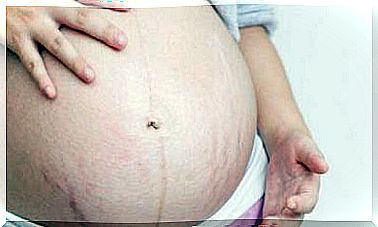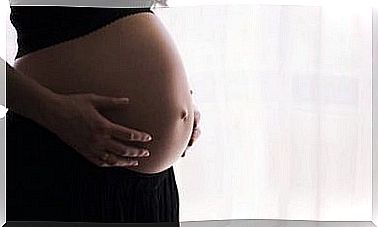What Is Fecal Transplant And When Is It Recommended?
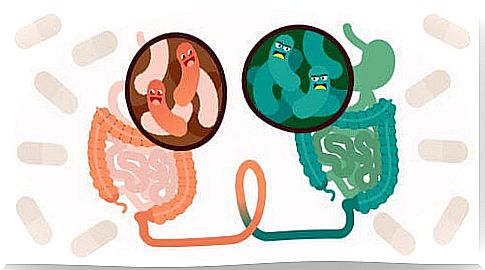
Fecal transplantation or fecal bacteriotherapy is an experimental treatment that generates considerable controversy. It consists in transferring the intestinal microbiome of a healthy donor to patients suffering from a variety of diseases associated with alterations of colonic bacteria. Yes, you got it right. This involves ingesting a stool sample from a healthy donor.
Clostridioides difficile infection: a successful fecal transplant case
The difficult Clostridioides (C. diff) is a bacterium that lives in our environment. C. diff is present in many people’s bodies without causing any problems. We know that it is not the bacterium itself that causes the disease.
It is only under certain conditions that the bacterium releases toxins, which are the cause of the infirmity. A person with C. diff infection may experience diarrhea and abdominal cramps. In severe cases, the infection can cause dehydration, require hospitalization, and be life threatening.
In 2018, about 10,000 patients in the United States underwent a fecal transplant. The treatment is not new. In fact, in medical practice there are guidelines that regulate its administration since 2013.
Its application is indicated for patients infected with “recurrent or refractory” C. diff. This means that the patients in question are repeatedly affected by the infection and do not respond to antibiotic treatment. Furthermore, the application for new cases, in adults and children, has been allowed since 2018.
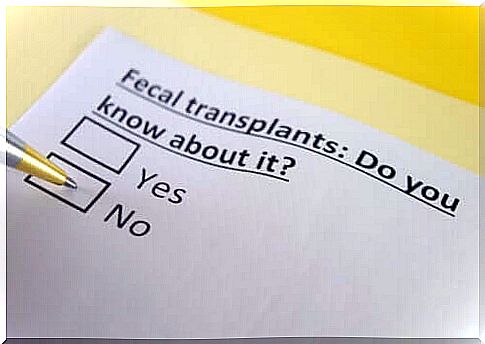
The application of faecal transplantation for any other pathology other than C. diff infection can only be done in the context of a medical experiment.
How is a fecal transplant performed?
There are several ways to carry out this treatment. The most common is to perform a colonoscopy, after the sample has been taken from a stool bank. In general, this procedure is very safe: only minor disturbances have been observed, such as bloating, gas and fever at low temperatures.
Faecal matter comes from a stool bank, which functions similar to a tissue bank. First, the donor’s droppings are examined for potentially pathogenic organisms.
In addition, the donor’s blood is subjected to routine laboratory tests, in order to be able to rule out the possible presence of infectious diseases. In this way, the stool bank provides excellent quality material for carrying out the transplant.
Another possibility is that the doctor performs the procedure with donors who are friends or family of the patients. This is an exception that allows doctors to draw on their experience and assessment skills.
The third form is the one that makes use of “faeces-based products”. These are pills or delivery systems that offer, for example, a combination of microbes, instead of the complete universe of microorganisms.
How effective is transplantation for Clostridioides infection?
Approximately 450,000 cases occur in the United States each year; deaths exceed 29,000 units. Among these cases, 20% of patients are not treated with antibiotic treatment and the infection returns repeatedly.
In these patients, including pediatric cases, fecal transplantation has a cure rate of between 80 and 90%. This means that most patients are cured of the recurrent infection with just one treatment. However, some patients will require multiple transplants.
What are the possible complications of this treatment?
In general, this is a safe, well tolerated and lifesaving process. It is important to emphasize that you should definitely not try to practice it at home. It must be made exclusively by a licensed doctor, through the use of carefully examined material.
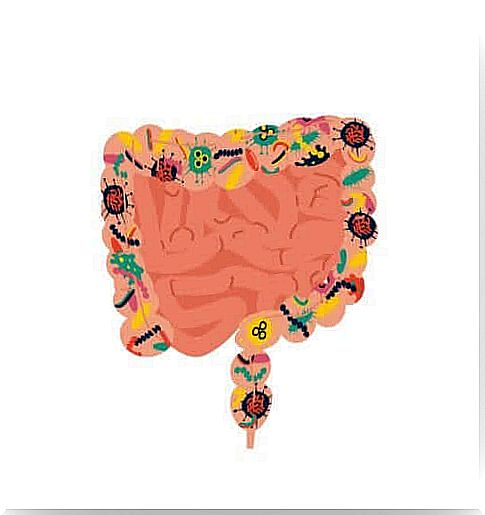
Unfortunately, fecal transplants involve a certain amount of danger. Stool is made up of a mixture of our undigested waste and the repertoire of beneficial microbes that will create a new order within the gut ecosystem. However, less “friendly” if not potentially pathogenic bacteria, fungi and viruses are present.
Fecal transplant in the treatment of other diseases
This procedure is used with relative success in the treatment of diseases such as diabetes. In pediatric patients it has been used to treat inflammatory bowel disease. It has also been used in clinical trials to combat terminal liver disease, Alzheimer’s disease, multiple sclerosis, various cancers, asthma, allergies and heart disease.
All of these diseases have been associated with alterations in the bacteria that give life to our intestinal ecosystem. An ecosystem that has a great importance in keeping us healthy.
The existence of super stool donors
The discovery of super donors was surprising: people whose stools achieve a high success rate, perhaps twice the average, in improving the clinical condition of the patient undergoing treatment.





